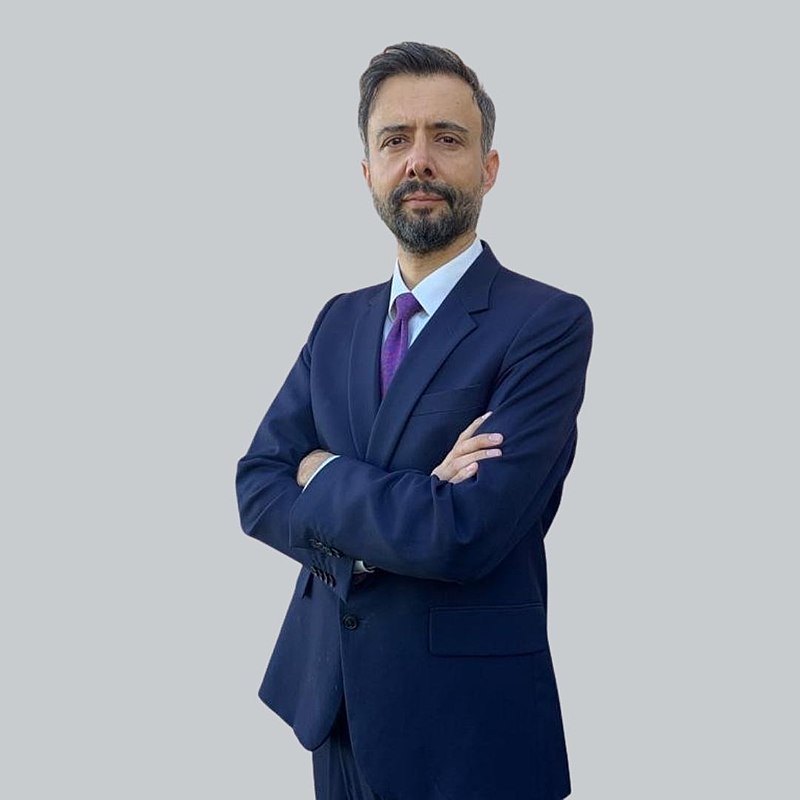IFAD Pledges to Empower 70 Million Small Farmers under World Bank’s AgriConnect
Mission AgriConnect represents a new collaborative framework uniting the World Bank, IFAD, other multilateral development banks, and private sector partners to accelerate rural economic transformation.

At the World Bank's Annual Meetings in Washington, D.C., the International Fund for Agricultural Development (IFAD) made a landmark commitment to transform the livelihoods of at least 70 million small-scale farmers by 2030. The pledge, announced by IFAD President Alvaro Lario, forms part of the World Bank's Mission AgriConnect initiative — a global drive to boost agribusiness, enhance food security, and create millions of jobs across agricultural value chains.
"Delivering that triple impact, we will target at least 70 million people in rural and fragile areas," said Lario. "Our common ambition is to match scale with meaningful impact by connecting small-scale producers to markets and transforming rural areas into engines of growth, jobs, and food security."
What Mission AgriConnect Aims to Achieve
Mission AgriConnect represents a new collaborative framework uniting the World Bank, IFAD, other multilateral development banks, and private sector partners to accelerate rural economic transformation. It focuses on:
-
Expanding market access and value-chain integration for smallholder farmers.
-
Creating sustainable jobs in agribusiness, particularly for youth and women.
-
Strengthening global food systems to withstand climate and market shocks.
-
Promoting green, digital, and inclusive agricultural development.
The initiative aligns with the growing recognition that agriculture remains central to poverty reduction, food security, and economic stability in developing economies.
IFAD's Proven Record of Impact
With nearly five decades of dedicated rural investment, IFAD has developed deep expertise in reaching remote and fragile communities, where poverty and hunger are most acute. The organization's projects consistently demonstrate transformational impact:
-
34% average income growth among small-scale producers (2022–2024).
-
35% increase in agricultural productivity.
-
34% expansion in market access.
-
Many projects have achieved up to 50% income gains for participating farmers.
Between 2019 and 2023, 70% of IFAD projects actively engaged with local businesses, leveraging private sector expertise to provide farmers with improved technology, know-how, and resilience tools.
Catalyzing Private Sector and Youth Engagement
Recognizing that sustainable transformation requires entrepreneurial energy, IFAD has expanded its capacity to lend directly to the private sector, particularly small- and medium-sized enterprises (SMEs) and rural financial institutions. These efforts help de-risk agribusiness investments while creating scalable models for inclusive growth.
To attract young people to agriculture, IFAD invests in:
-
Green jobs and climate-smart agriculture,
-
Digital innovation in farming and market access,
-
Mentorship and vocational training for rural youth,
-
Support for youth-led agri-SMEs to access finance and technology.
This youth-focused strategy addresses a critical global challenge — the entry of 1.2 billion young people into the job market in developing countries over the next decade.
Rural Investment as an Engine for Global Growth
Evidence shows that growth in agriculture is two to three times more effective in reducing poverty than growth in other sectors. Rural communities — home to 80% of the world's poorest people — hold immense untapped potential. However, they continue to face barriers such as climate shocks, lack of access to finance, inputs, and technology.
By 2030, global demand for food is expected to increase by 60%, creating a potential US$10 trillion in economic opportunities by 2050. In Africa alone, agribusiness could reach US$1 trillion by 2030, underscoring the sector's potential as a driver of economic transformation.
A Collaborative Future for Food Security
Through AgriConnect, IFAD and the World Bank aim to create an integrated investment platform that channels public and private resources into rural development at unprecedented scale. By bringing together governments, development banks, and private investors, IFAD will continue to assemble, connect, and catalyze finance for communities most in need.
As Lario emphasized, "Investing in small-scale farmers is not charity — it's smart economics." The initiative signals a new era of strategic collaboration to make food systems more equitable, resilient, and sustainable.
ALSO READ
-
IFAD and Italy’s BF S.p.A. Partner to Boost Sustainable Agriculture in Africa
-
IFAD Launches Asia-Pacific HQ to Boost Rural Investment and Green Jobs
-
Syria Faces $216 Billion Reconstruction Challenge After 13 Years of Conflict: World Bank Report
-
Congo Basin Forest Value Surges to $1.15 Trillion, Says World Bank Report
-
ADB and World Bank Sign $3 Billion Risk-Sharing Deal to Boost Lending Capacity









